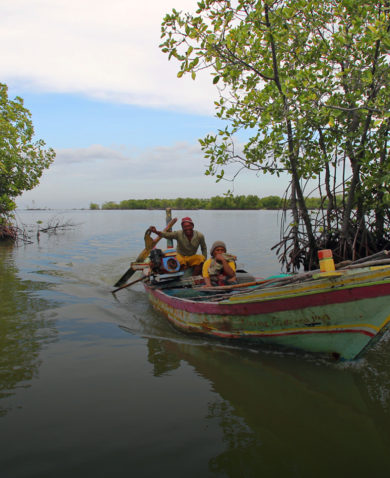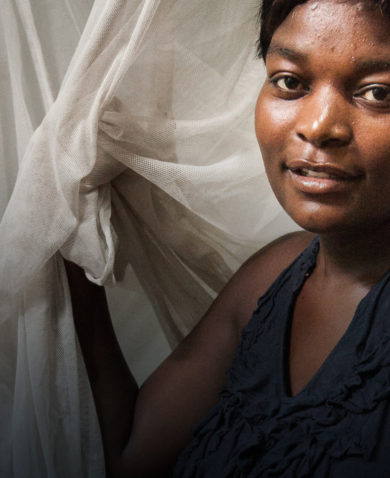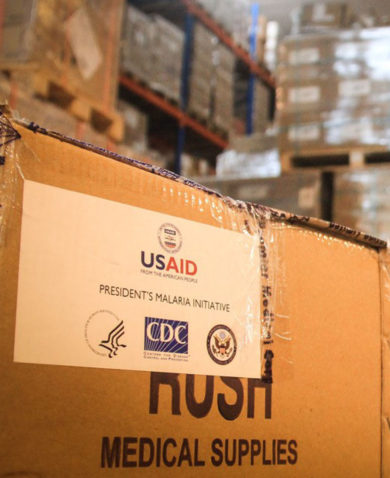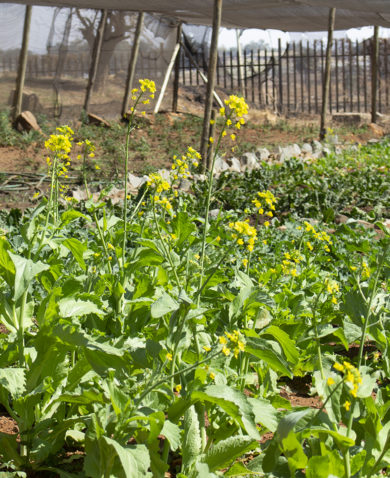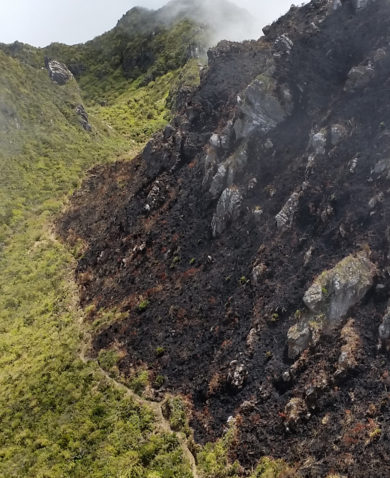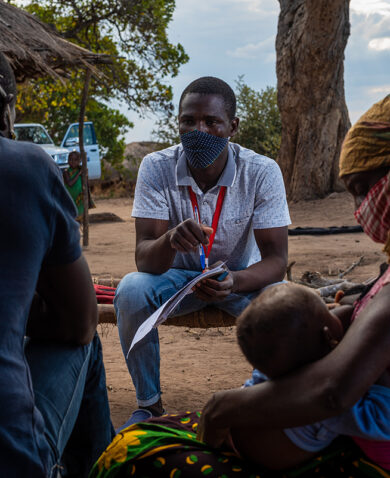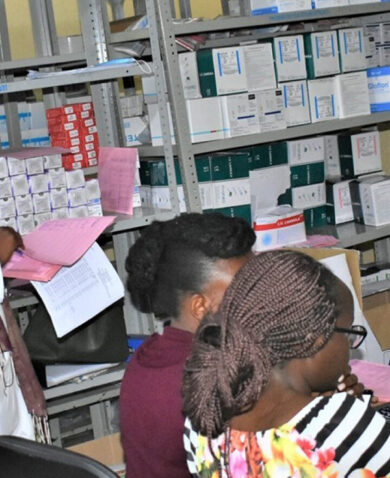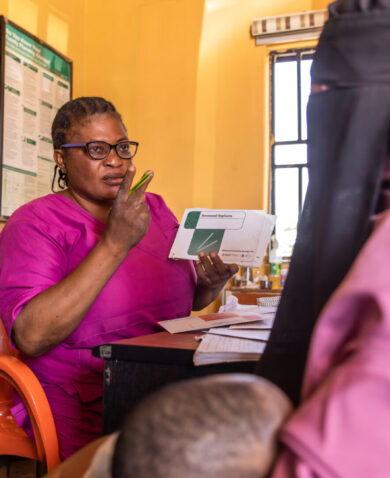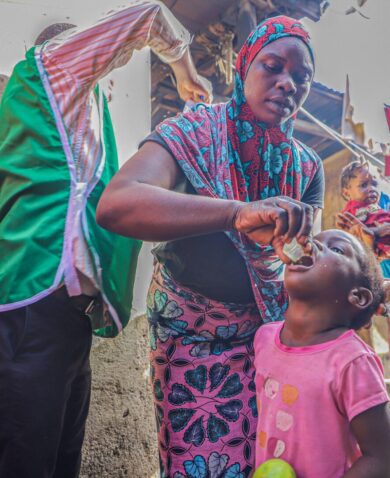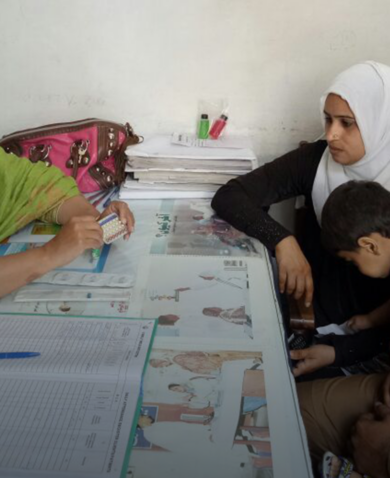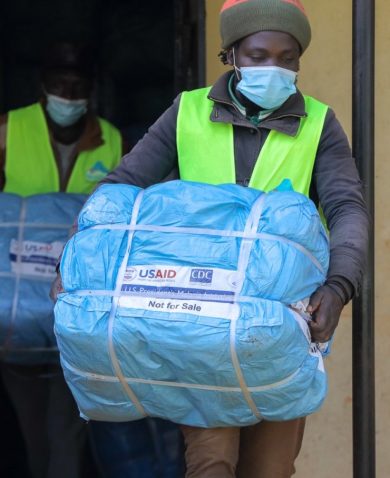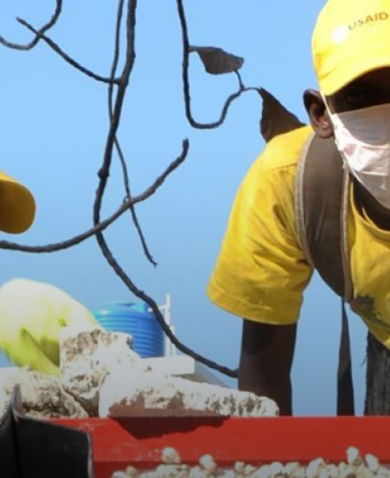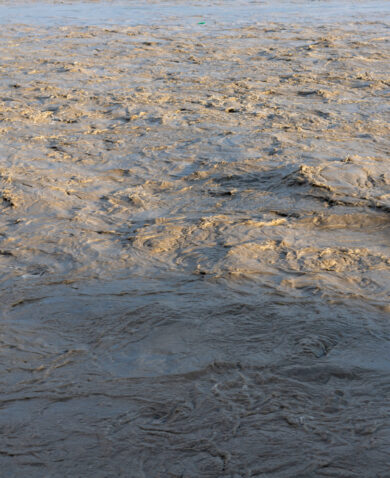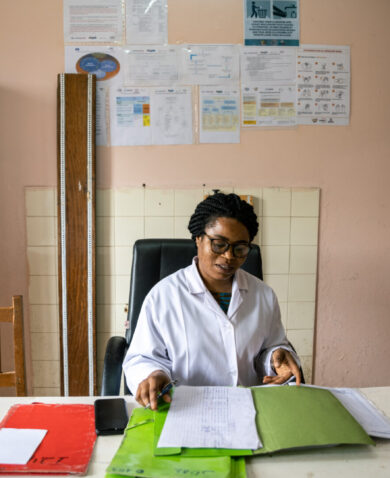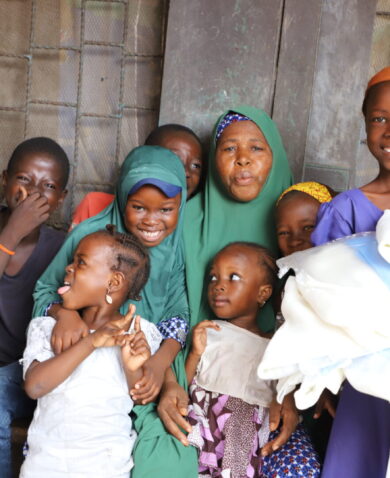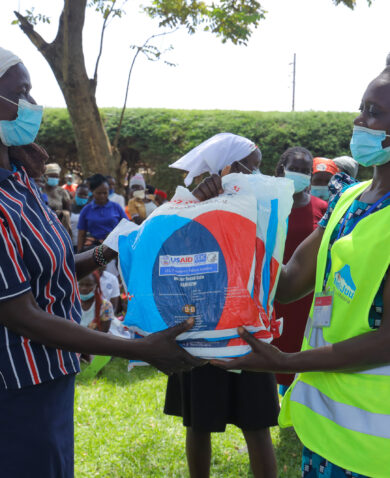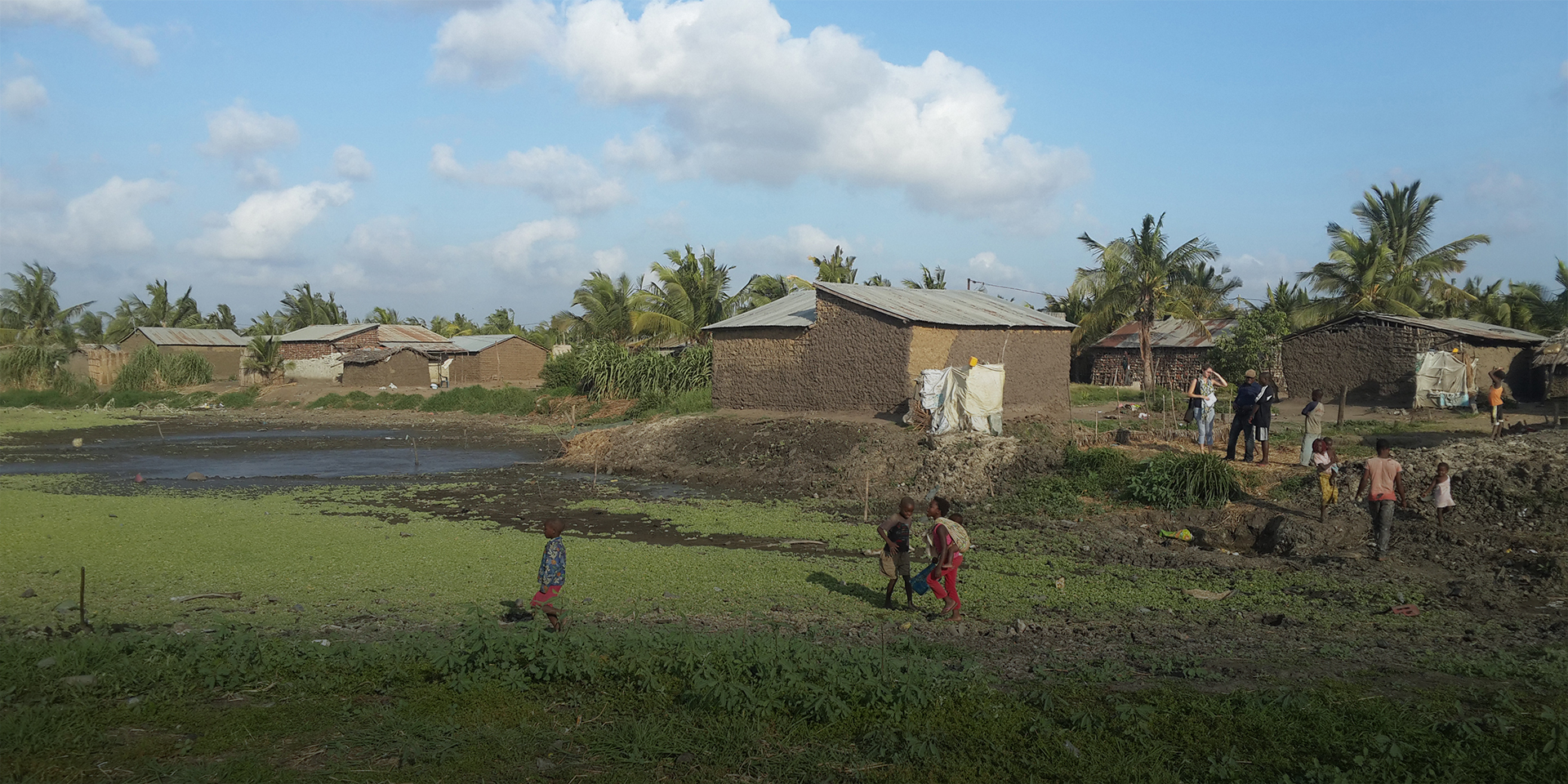
From Research to Response: The Role of Climate Information in Anticipating and Responding to Disease Outbreaks in Mozambique
October 26, 2017 | 3 Minute ReadA new study suggests higher rainfall and warmer temperatures in Mozambique will lead to an increase in malaria incidence in the coming years. Hailey Keuck explains the link between climate and disease incidence, and how health systems can benefit from climate research.
This post originally appeared on Climatelinks.
Malaria kills hundreds of thousands of people worldwide every year (over 90 percent of these deaths occur in Africa) and diarrheal disease is the second leading cause of death in children under five years old.
Large investments in health have led to significant declines in both diseases; however, emerging evidence suggests that climate variability and change may put these health gains at risk as warmer temperatures and more variable rainfall alter the conditions that lead to disease outbreaks.
These concerns are at the heart of USAID-supported research in Mozambique, which aims to understand the link between observed climate trends and disease outbreaks as well as offer recommendations on how this knowledge could be used to streamline future responses around malaria and diarrheal disease. Results from this research, led by the Climate Change Adaptation, Thought Leadership and Assessments project (ATLAS), were presented by Team Lead and Climate Change Adaptation Specialist Fernanda Zermoglio at the September Adaptation Community Meeting.
While we know that outbreaks for these diseases are generally connected to temperature and rainfall, the evidence base for exactly when, how, and where changes in climate will impact disease incidence is unknown, particularly at local scales. For example, we know that the mosquito (genus Anopheles) that transmits malaria bites more and reproduces faster in warmer temperatures. We also know that diarrheal disease is linked to poor water, sanitation, and hygiene conditions that are exacerbated during the rainy season.
The ATLAS study helps to fill the knowledge gap at the local scale, with the goal of showing how climate information can help governments and donors better anticipate and respond to disease outbreaks.
So, what did the study reveal? For diarrheal disease, an increase in temperatures of 1 degree Celsius in any day during the week increases incidence of the disease by 1 to 6 percent (depending on the region) that same week, while even minimal rainfall (at least 1 millimeter) on any given day of the week will increase incidence by 1 percent four weeks later.
For malaria, warmer days and nights increase incidence, and while heavy rainfall decreases incidence of malaria (as it washes out breeding sites), a one-day increase in days with minimal rainfall (at least 1 millimeter) increases incidence of malaria by 2 percent four weeks later.
Looking to the future, projections of higher temperatures and more variable rainfall are likely to impact disease incidence around the country; malaria is likely to move into areas previously unsuitable to the disease (such as the highlands), while the number of cases of diarrheal disease are likely to increase.
How is this research useful? “Knowing how changes in rainfall and temperature impact disease outbreaks, particularly the four-week lag, may offer an opportunity for a more targeted response, making strategic use of limited funds. For example, if a ministry of health is tracking rainfall across the country, it can focus improvement of supply chains to guarantee delivery of oral rehydration solutions to tackle diarrheal disease outbreaks,” explains Fernanda.
It can also add epidemic detection capacity to existing surveillance systems. While some countries have active disease surveillance systems, in countries like Mozambique this system is not digital. The time it takes to collect information means this information mainly acts as a record of what happened, rather than a detection system that could support early planning and action. Integrating weather and climate information into these systems, as well as updating the systems themselves from paper-based to mobile/SMS reporting, would be a huge step in providing a better response to disease outbreaks and helping save lives.
A full recording of the presentation is available here; all ATLAS work to date on health and climate change, including this study, can be found here.








